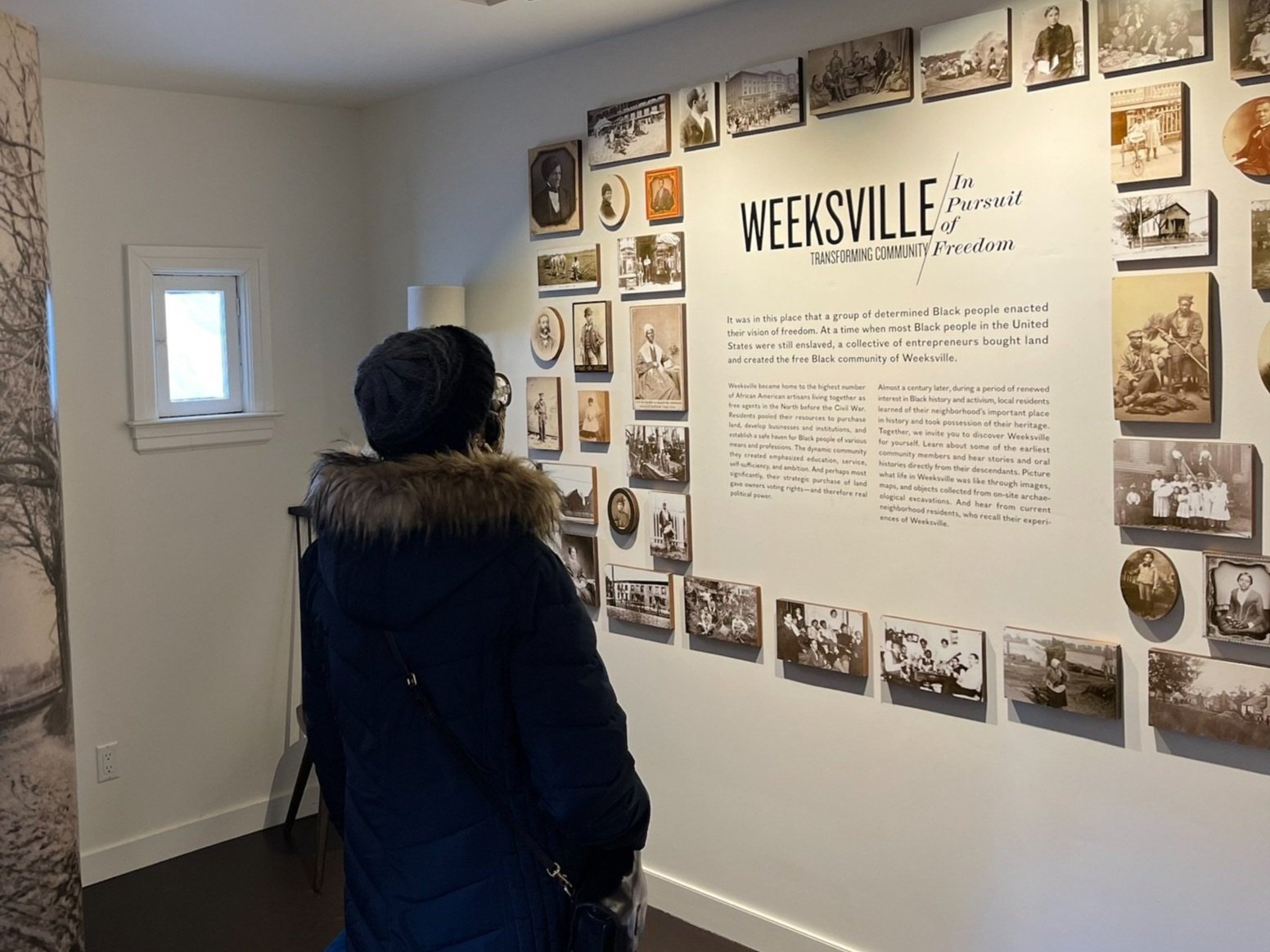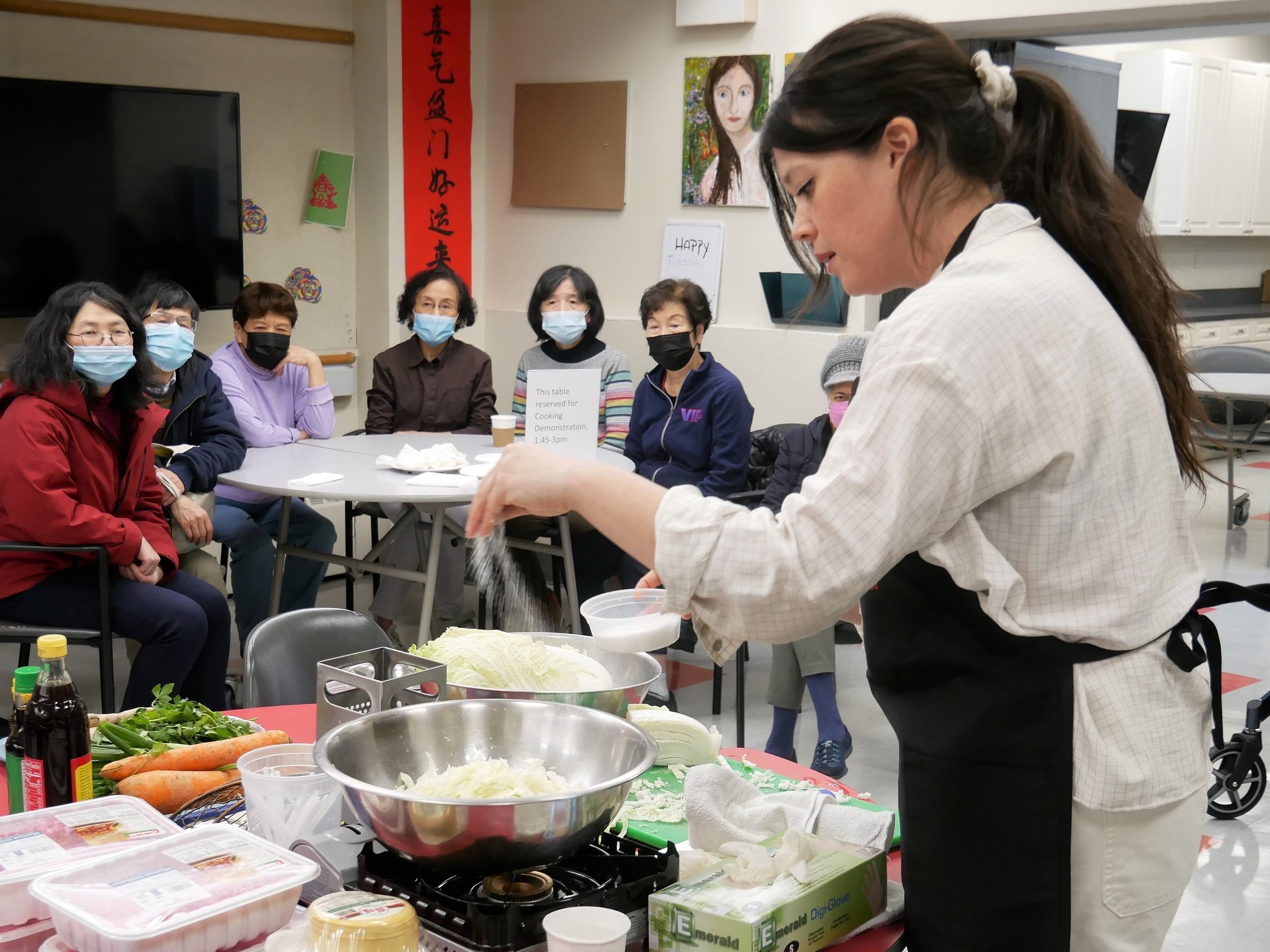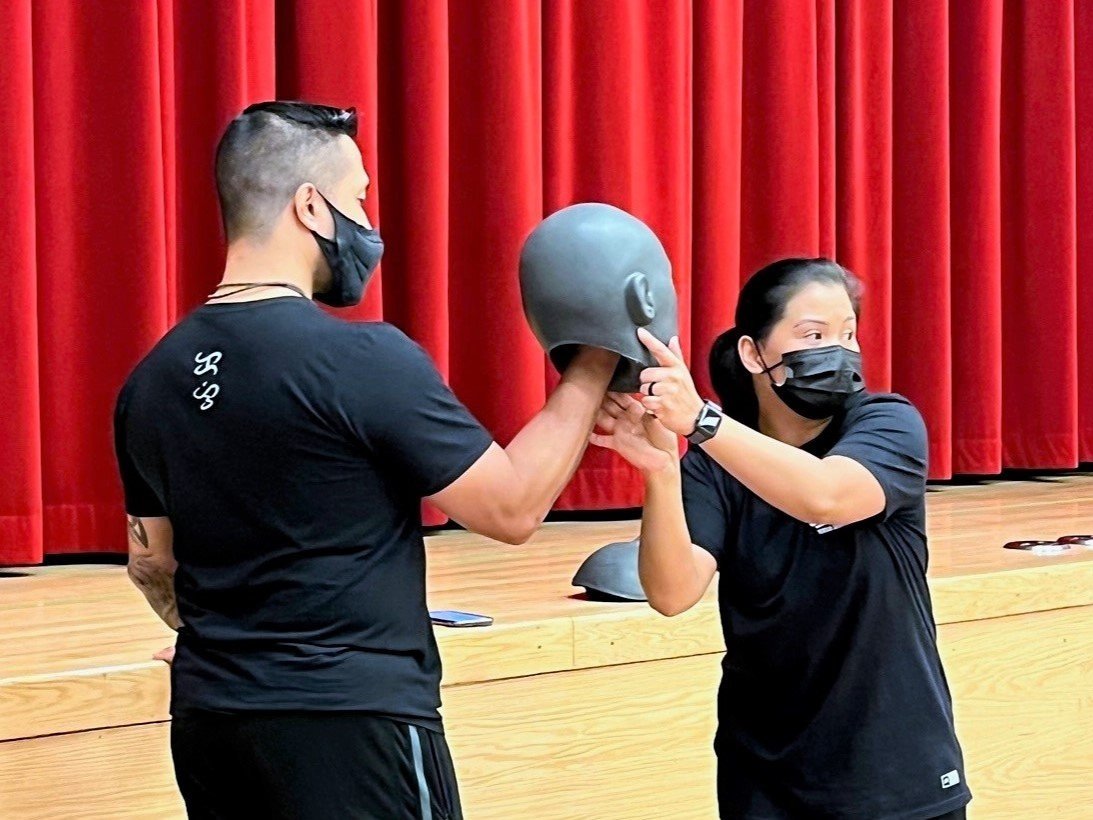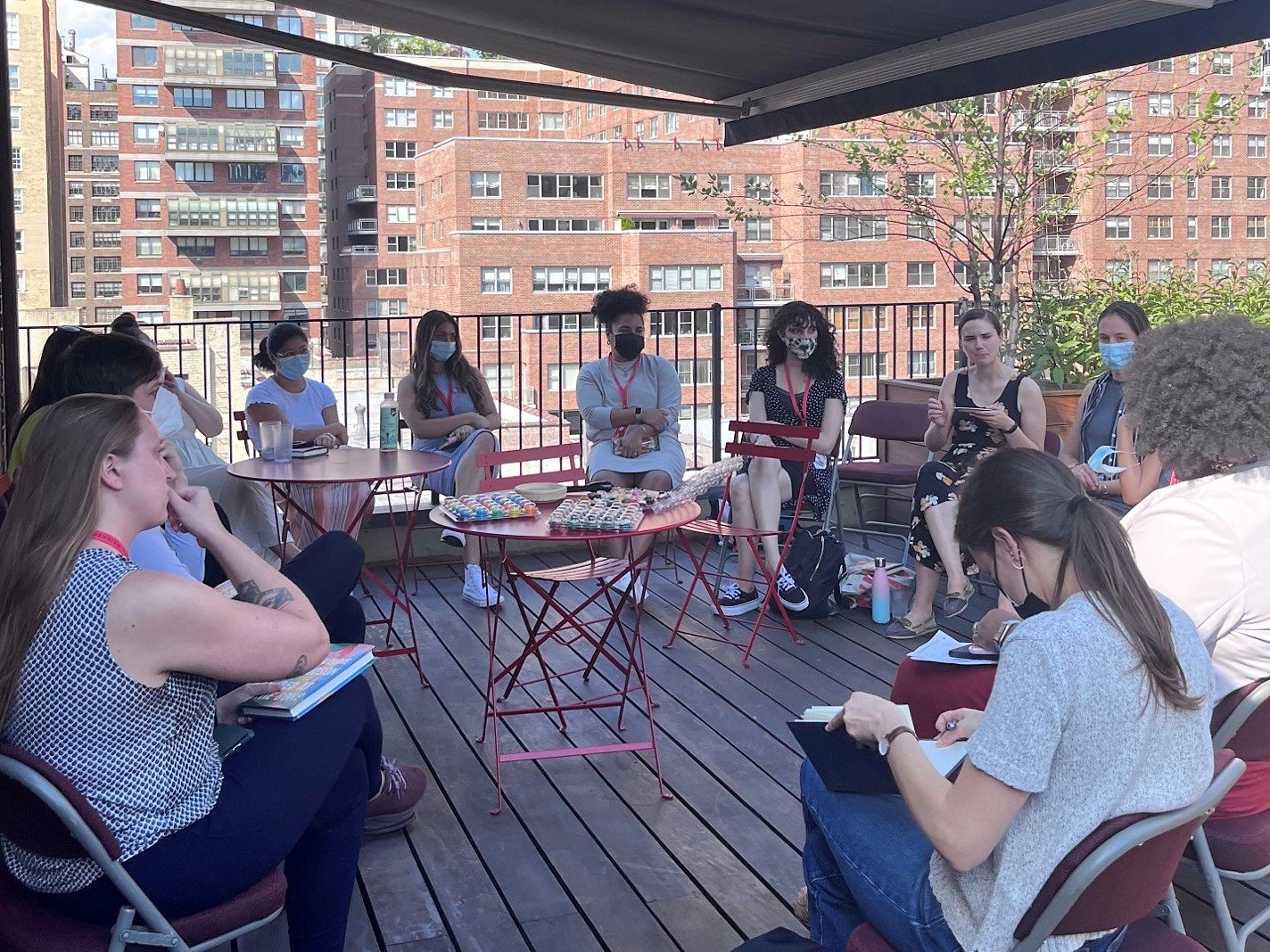Diversity, Equity, Inclusion and Belonging
The Neighborhood House is committed to embedding diversity, equity, inclusion and belonging principles in all aspects of our organization and our work, including our programs, advocacy, policies and practices. To continue to make meaningful progress toward our commitment, we must persevere with both our internal work to identify and dismantle biases and inequities in interpersonal and structural levels across our organization as well as in our daily work with clients. We recognize that this work can be challenging and uncomfortable, and we aim to foster a safe, affirming environment where our staff, clients, Board, key stakeholders and partners, and our broader community, feel supported to engage in conversations and efforts toward this foundational commitment.
Our Guiding Diversity, Equity, Inclusion and Belonging Core Values
humility
We aim to listen to and welcome feedback as we work to break down existing inequities in our work and organization.
intentionality
We aim to be thoughtful in how we engage with our diversity, equity, inclusion and belonging efforts in order to foster a sustainable foundation with long-lasting impact.
solidarity
We aim to amplify and support historically and intentionally marginalized communities—Black, Indigenous and other People of Color, the LGBTQIA+ community, people with disabilities, immigrants, undocumented people and unhoused people—especially within our client community and our staff.
trauma-informed and client-centered
We aim to ensure the emotional and mental safety of our diverse client communities and staff as we engage in honest conversations centered on systemic bias, racism and oppression.
Our Areas of Focus
Organizatonal POLICIES AND PRACTICES
We recognize that examining our organizational policies and practices and reflecting on how we can improve and eliminate inequities and biases is critically important. Our efforts have included anti-bias trainings for our hiring managers, standardizing our recruitment cycle and implementing foundational anti-racism trainings into our onboarding process for all employees. We understand the importance of embedding our commitment at the onset of employment and setting the tone for our organizational culture and diverse workforce. We remain steadfast in building on these efforts as a necessary part of our DEIB strategies.
EDUCATION and TRAININGS
We are invested in increasing our staff’s awareness and knowledge of DEIB and how it intersects with the services we provide to our clients. We offer annual organization-wide trainings as an opportunity for all staff to engage in a collective assessment and conversation of our DEIB commitment; we work closely with individual programs to curate trainings that meet their unique diversity, equity, inclusion and belonging needs and goals.
Our offerings have ranged from foundational anti-racism topics (e.g., upstander interventions and implicit biases) to topics that expand our perspectives on what diversity, equity, inclusion and belonging can entail (e.g., collective grief and psychological safety). We provide educational and resource guides and information to share with staff, clients and the larger community to further supplement our educational- and awareness-building efforts and to encourage independent learning and discovery.
DEVELOPING THOUGHTFUL LEADERS
We provide significant opportunities for our leaders to build their emotional intelligence, supervisory skills and self-awareness on how they influence their respective teams. We invest in our staff and support professional development that builds their skillsets on both an individual and on a collective leadership level. We foster peer learning and coaching across leaders to facilitate the exchange of knowledge and learn best practices to lead a diverse team and foster inclusivity, engagement and retainment.
STAFF ENGAGEMENT
We offer opportunities to foster a sense of belonging and community among our staff members as we aim to build a more inclusive, connected workforce. We thoughtfully hold space for heritage and history months and recognitions through workshops, special events and other culture-building activities. We do so in intentional ways which honor the full humanity of cultural heritages and identities, while being mindful of not causing harm or suggesting an individual represents a whole identity group. Efforts have included a staff monthly book club featuring memoirs and novels written by Black, Indigenous and other People of Color, “Connected: Creating Connections Through Conversations” panel series, and Awareness-Based Self-Defense Classes.
CLIENT AND COMMUNITY ENGAGEMENT
We value and celebrate the diversity of our clients, staff and organization, and we engage in creative ways to foster intercultural awareness and learning. Our program teams intentionally focus on incorporating cultural offerings which highlight, build connection and bring awareness to the cultures and communities with which our clients identify. Our colleagues brainstorm together to create thoughtful, cultural programming with more cohesiveness across the organization.
We also welcome our larger community and neighborhood to join us for various special events and workshops, such as cooking demonstrations and community discussions, that amplify the voices of Black, Indigenous and other People of Color. Previous community discussions have included a Juneteenth Event: Black Joy, Hope and Liberation, Indigenous People’s Day: Healing Through Celebration, Making Space for Disability Justice, Black History Month: In Our Own Words, and Uplifting Our Asian American Pacific Islander Elders.
Click here for more information about our community events.




